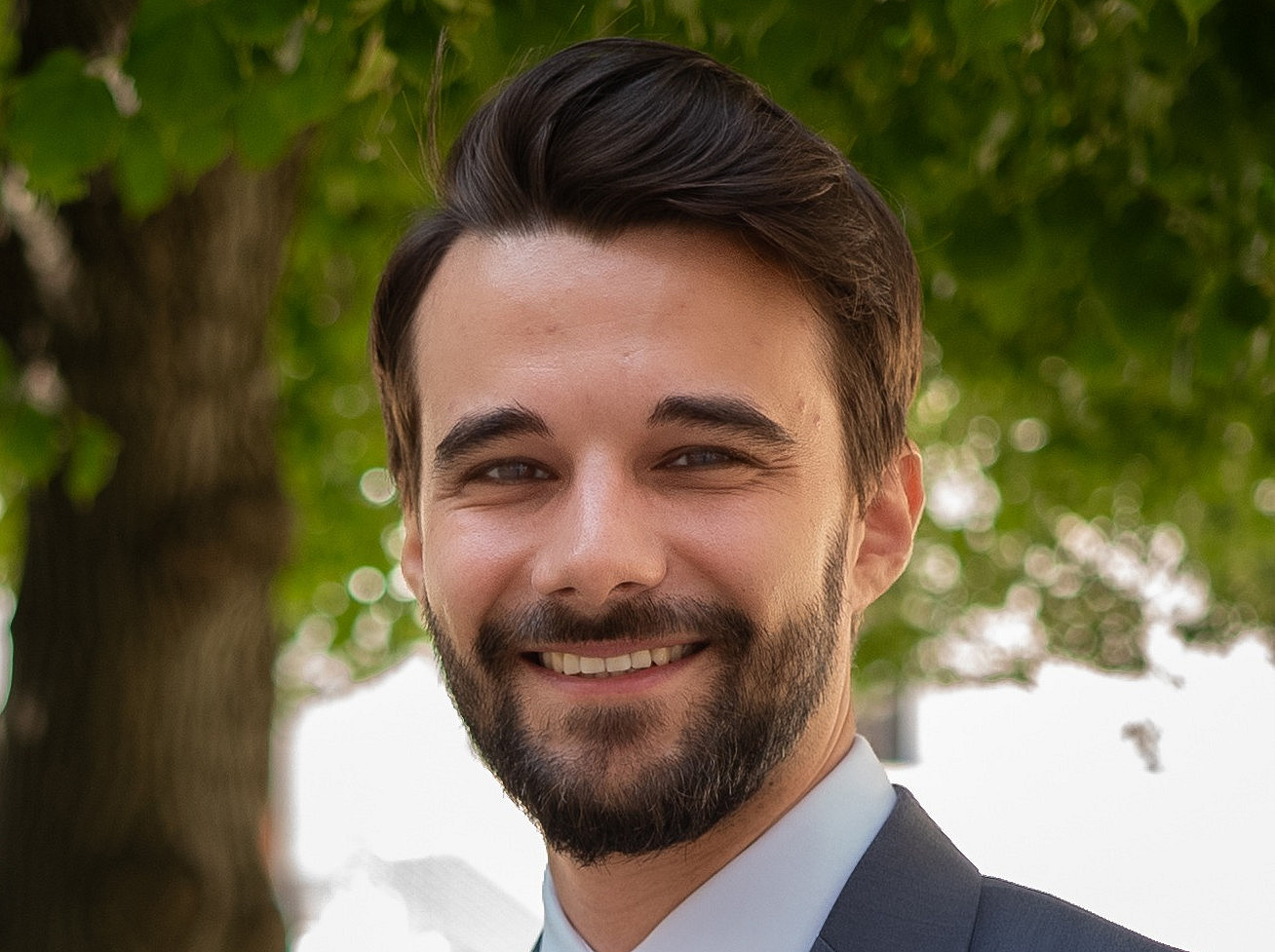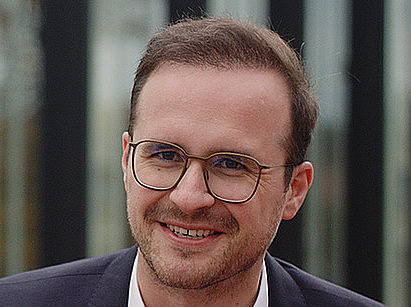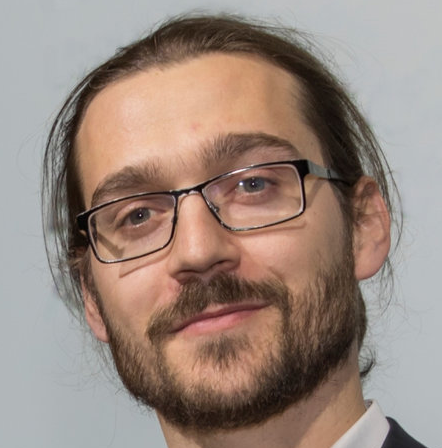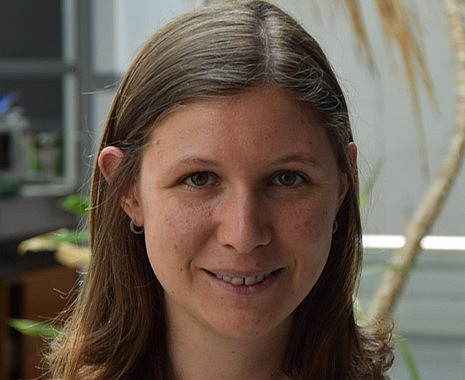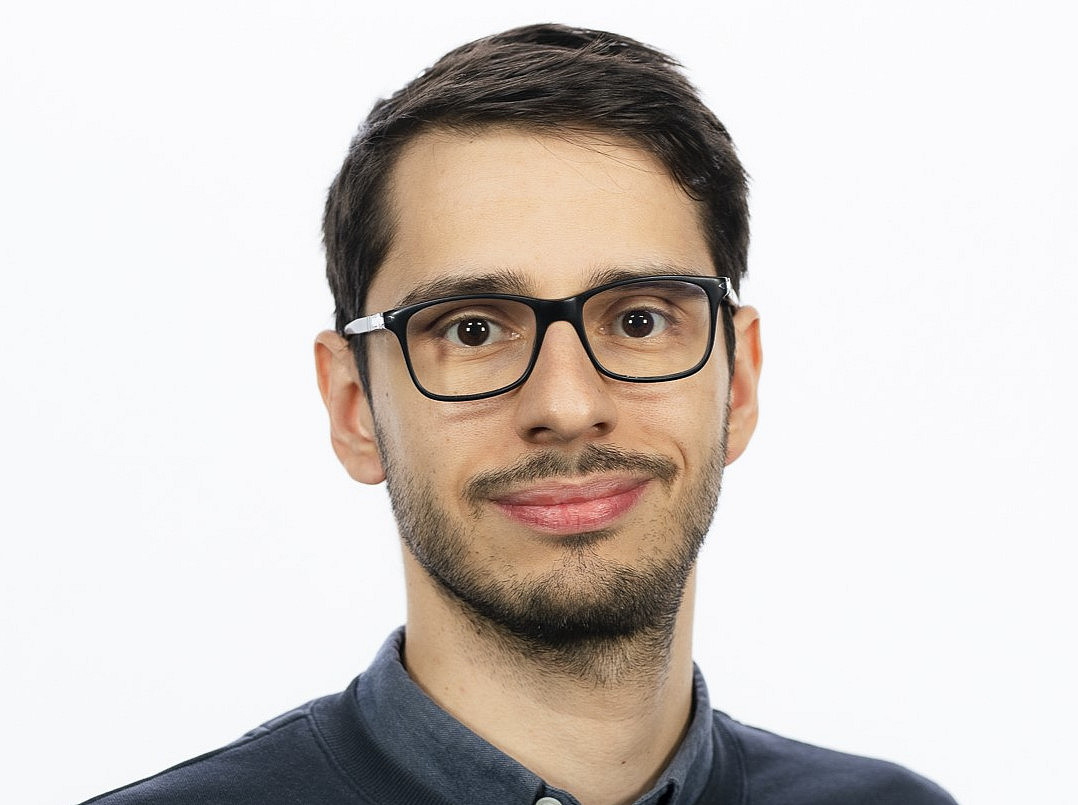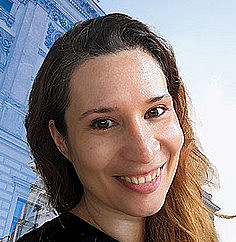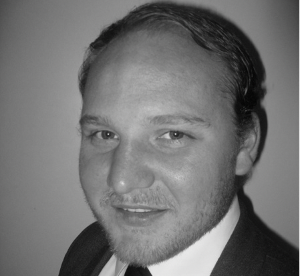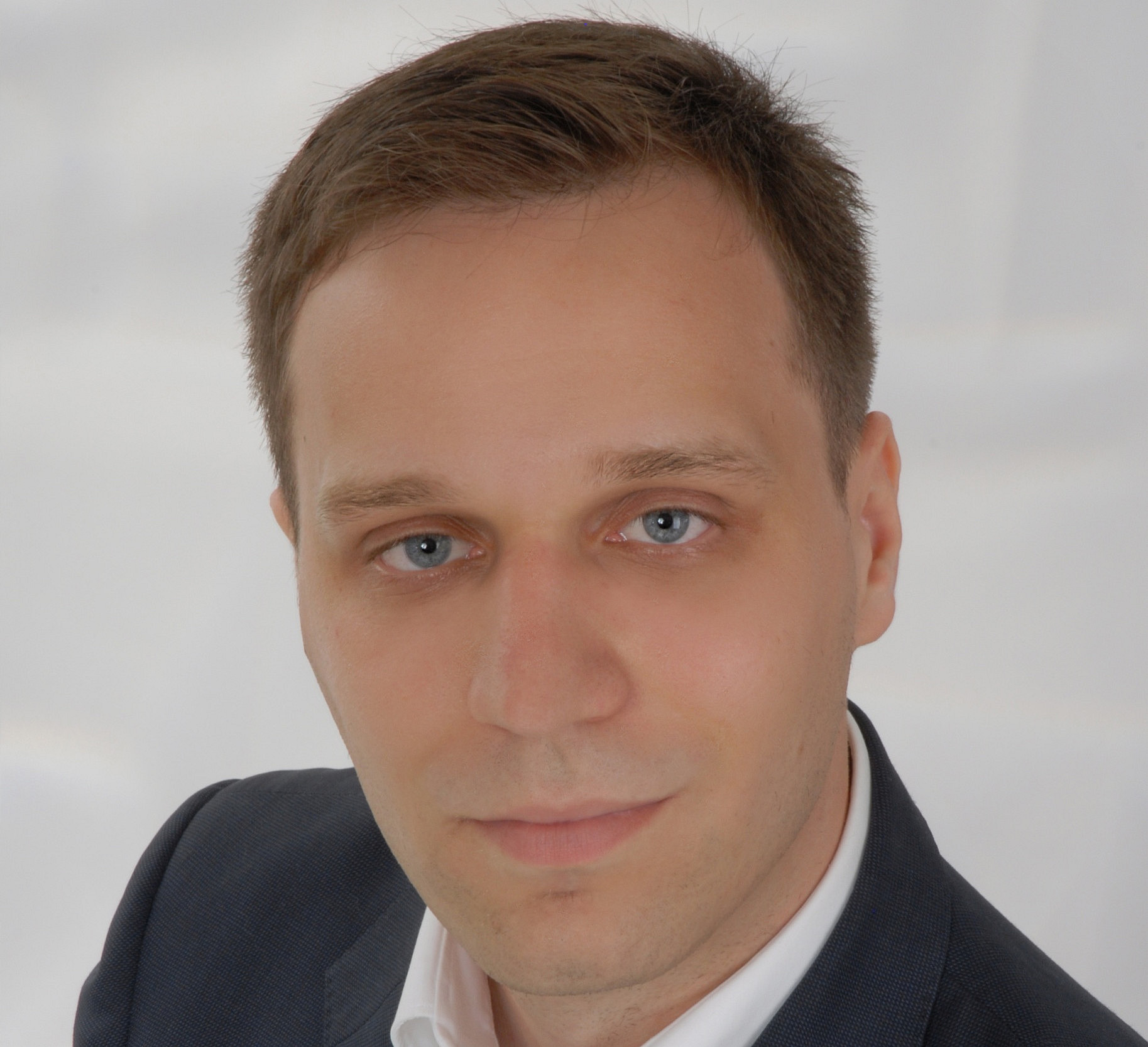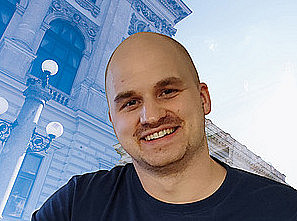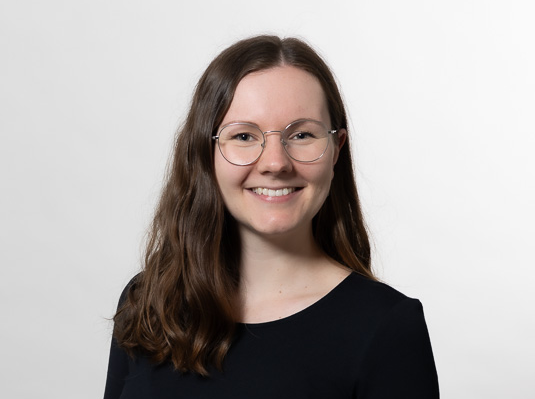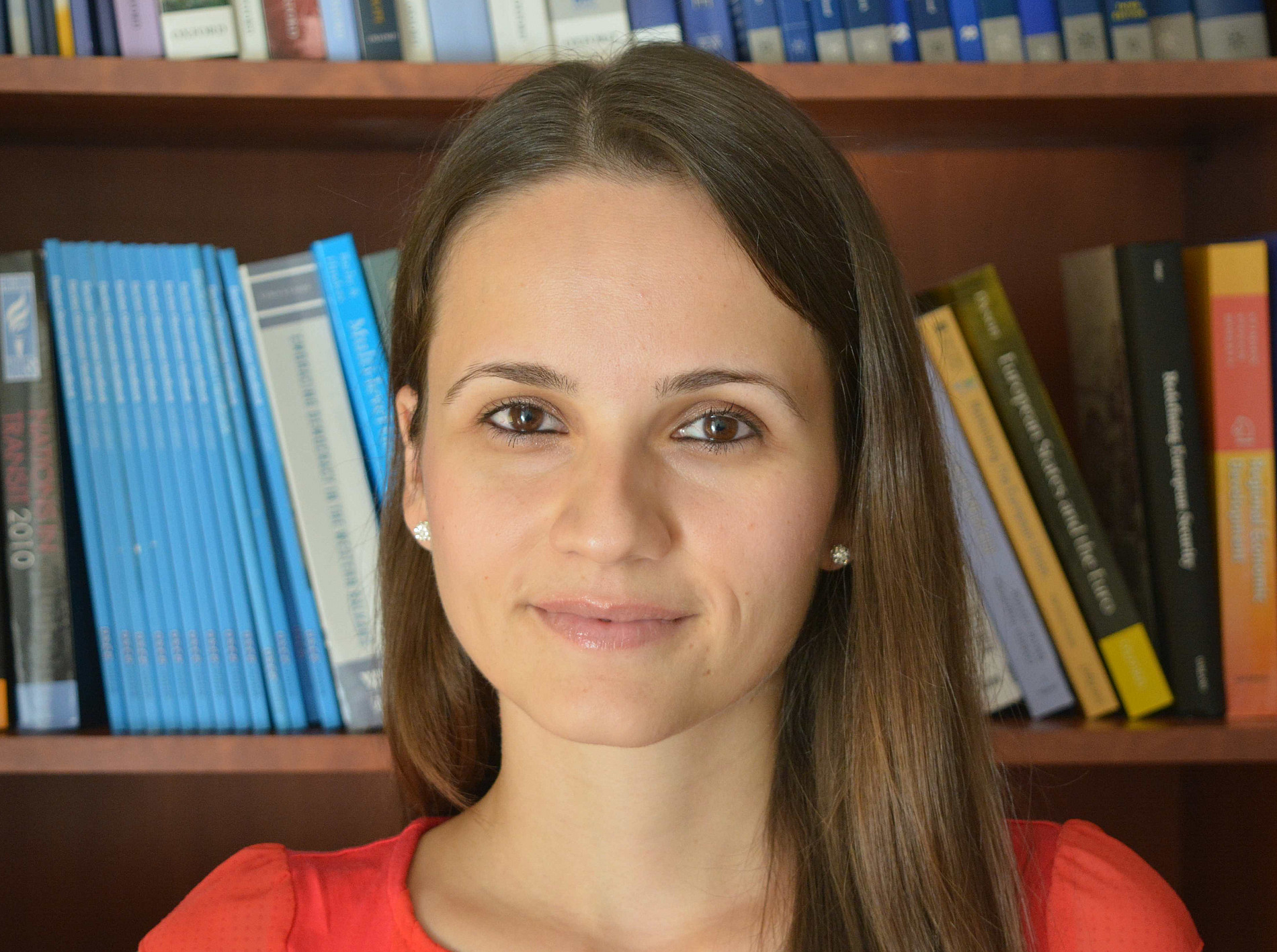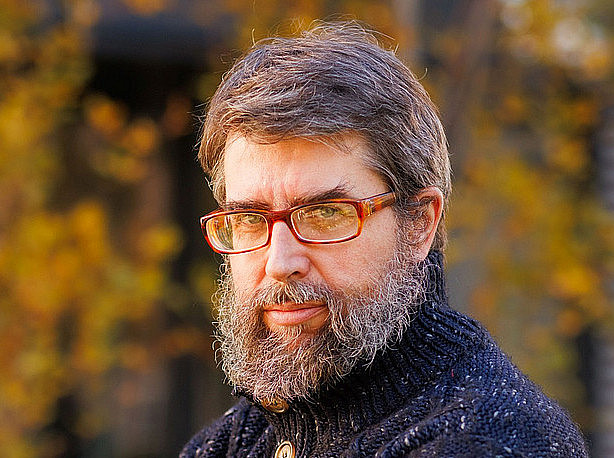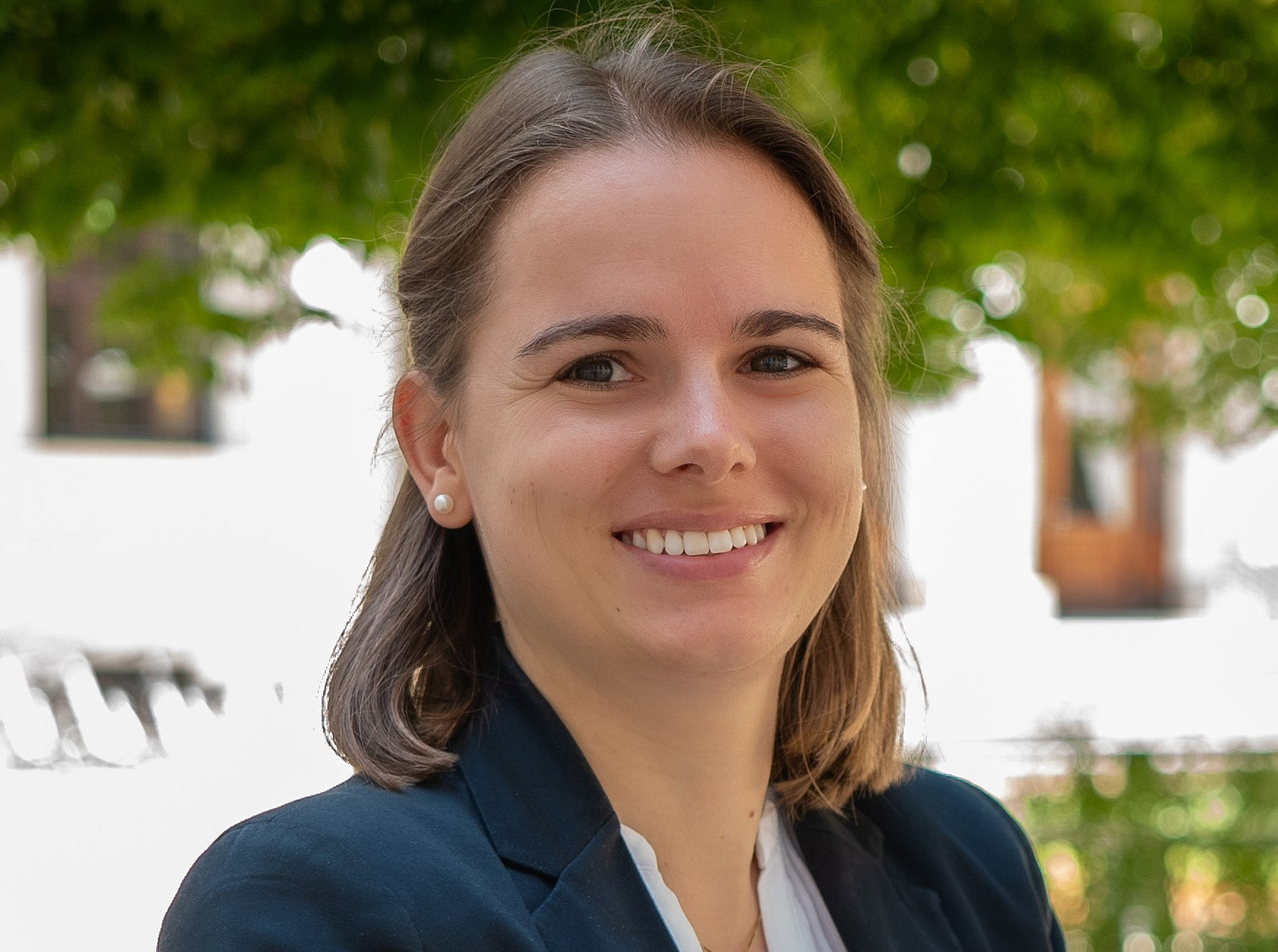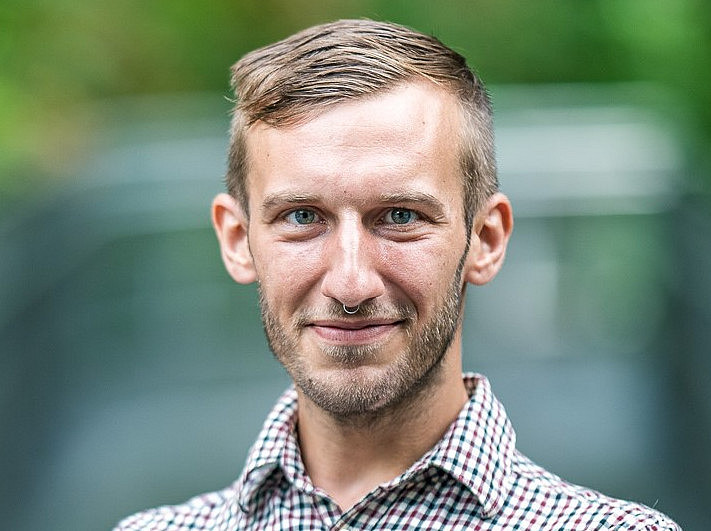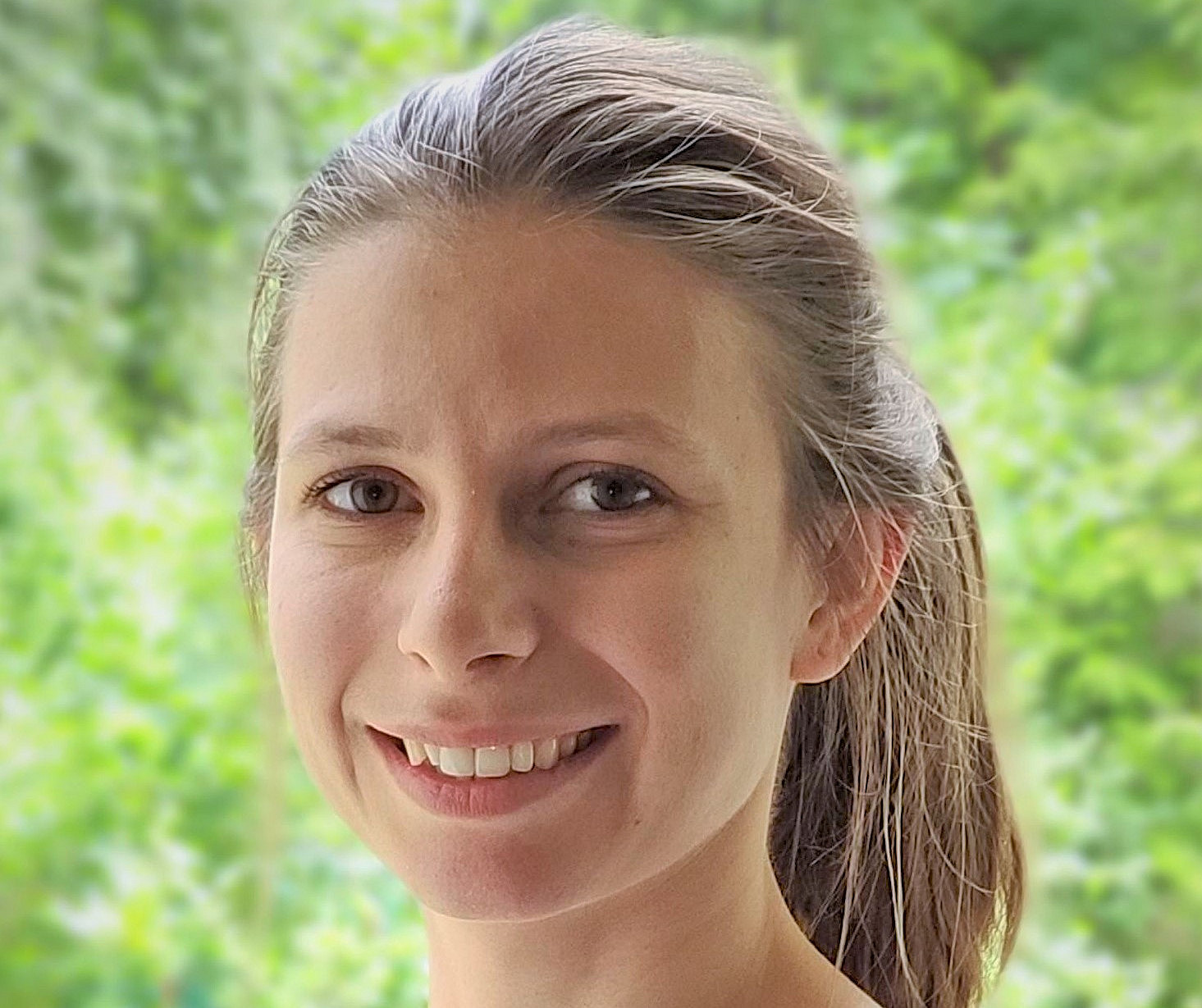Our graduates
Here you can view the graduates of our doctoral program
From A to Z
- David Bierbauer, Law
- Nicole Gosch, Law
- Thomas Gremsl, Ethics and Social Studies
- Martin Griesbacher, Sociology
- Anna Haselbacher, Law
- Hannes Hornischer, Systems Science
- Tiana Jerkovic, Theoretical and Applied Translation Studies
- Berndt Jesenko, Operations Research and Information Systems
- Katja Kalkschmied, Economics
- Moritz Kettele, Environmental Systems Science
- Marie Lisa Kogler, Environmental Systems Science
- Lucija Krušić, Digital Humanities
- Philipp Maier, Law
- Christine Malin, Business Analytics and Data Science
- Sabrina Melcher, Digital Humanities - Museology
- Wiltrud Mölzer, Economics
- Nenad Pantelic, Finance
- Simon Plakolb, Systems Science
- Dominik Possert, Law
- Daniel Reisinger, Computational Social Sciences
- Riccarda Rosenball, Economics
- Hristina Veljanova, Philosophy
- Martin Wildberger, Theology
- Petra Zandonella, Law
- Johannes P. Zeiringer, Business Informatics
- Thomas Zenkl, Sociology
- Laura S. Zilian, Systems Science
"The doctoral program Human Factor in Digital Transformation offers young scientists*The program offers young researchers the opportunity to look beyond their own faculty and to exchange ideas and network with colleagues from a wide range of disciplines. This allowed me to experience not only my own academic discipline, but also the University of Graz as a whole from a completely new perspective."
"HFDT broadened my scientific horizon to include the perspective of many other disciplines and gave me the opportunity to subject fundamental assumptions of my subject to an interdisciplinary nonsense check. This exchange with both young and established scientists from other institutes greatly enriched the completion of the program and was always a highlight of my academic year."
"Through HFDT, I was able to gain important perspectives from other disciplines for my research work, and I was also able to showmy colleagues important aspects of ethics for their projects.
The personal contacts, from which friendships have also developed, are particularly valuable."
"What can the university do to better understand and cope with the comprehensive digital transformation of society and its consequences? For me, HFDT was and is a platform for getting to know and discussing answers to this question from a wide range of academic disciplines."
"Through the interdisciplinary exchange within the framework of HFDT, I recognized the opportunity to supplement my legal dissertation topic with the methods of text mining - this created innovative added value for me and my (future) work."
"HFDT has made it clear to me how valuable and important a transdisciplinary approach to the complex issues and challenges of our time is."
"The interdisciplinary exchange within the HFDT is incredibly enriching. Through the stimulating discussions, I was not only able to critically reflect on and expand my own perspective on my own topic, but also gain many insights into other specialist areas and topics."
"The interdisciplinary collaboration made me realize how much the approaches of the individual scientific disciplines differ when dealing with current topics. This valuable experience introduced me to new perspectives and positively changed my own way of thinking."
"For me, HFDT is a platform that enables me to broaden my own view of research topics by new angles, to learn new research methods and to discuss them critically."
"The HFDT programme enables students to explore the full potential of digital transformation by focusing specifically on the interface between digitalization and human factors. Through its interdisciplinary approach, the program considers a variety of perspectives that can be integrated into your own research."
"Provocative, enriching and a living university... HFDT takes the discourse on digitalization to a new level."
"HFDT has enabled me to connect with colleagues from other disciplines, gain support, and establish collaborations. This has provided me with having gained valuable interdisciplinary feedback on my dissertation and opened up new avenues of research."
"HFDT not only enabled me to have an innovative exchange with colleagues from other disciplines, but also enriched my perspective on my dissertation topic by engaging with different subject areas."
"Participating in HFDT gave me the opportunity to exchange ideas with researchers from various disciplines and gain insights into the network's diverse research areas. The interdisciplinary approach of HFDT allowed me to get to know different (research) perspectives and expand my knowledge in different subject areas."
"The HFDT teaching programme not only gave me new insights into digital transformation, especially through artificial intelligence, but also promoted interdisciplinary dialogue with colleagues. This dialogue was particularly enriching and valuable for me."
"As a PhD student in economics, HFDT offers me a great opportunity to gain insights into interdisciplinary research. I find the Job Ads project, which was developed as part of the HFDT group and in which I am employed until the end of the year, particularly exciting. It shows how exciting collaboration across disciplinary boundaries can be. In the course of the project, I learnt a lot about technical aspects such as layout and text analysis. This has sparked my interest in these topics so much that I have decided to deepen my knowledge and am currently attending a summer school on Natural Language Processing (NLP). I want to be able to work even more independently with our millions of job ad data in the future. Without HFDT, this project would not have come about in this form, because interdisciplinary exchange often leads to new ideas that you might never have developed within your own discipline. That's what excites me most about HFDT!"
"The HFDT research network has often given me the opportunity to develop my ideas in an interdisciplinary way and has inspired me again and again in the course of my dissertation."
"Through the Human Factor in Digital Transformation research network, I have learned in interdisciplinary workshops to look beyond my own specialist field when it comes to legal topics. This experience and the resulting skills for interdisciplinary work benefit me greatly in my day-to-day work as a corporate lawyer, but also as a lecturer at the Technical University."
"The doctoral program offers the opportunity to engage with other disciplines in a stimulating way and to jointly discuss and debate current challenges relating to the human factor in digital transformation."
"For me, HFDT means consciously broadening my professional horizons through exchanges with doctoral students and researchers from a wide range of disciplines. This exchange enables me to return to my own research with an enriched perspective and to develop it further."
"Participating in the HFDT allowed me to learn how to collaborate with other disciplines on a common topic while still having my own voice (discipline) heard and represented well."
"Preserving the tried and tested, re-founding the proven, confirming the feared. HFDT stands for all of this - NOT!
"Multi- and interdisciplinarity" may occasionally appear to be just buzzwords today, "meeting at eye level" as utopia or an empty political statement and "output" as an annoying and boring fulfillment of duty. But HFDT puts these points into practice. For me and my research, participating in the DQ was an enormous gain. The discussions with colleagues from other academic disciplines, from different age groups, cultural areas and also with other vitae, as well as the lectures and presentations by lecturers and students, not only broadened my spectrum, but also opened up more alternatives and helped me to better understand other perspectives. The topicality of the subjects (#artificial intelligence et al.) are a sign that Karl-Franzens-Universität is working at the cutting edge and wants to make its contribution to shaping the future and not degenerate into an ivory tower of chroniclers.of chroniclers."
"HFDT offered and continues to offer me an inspiring and interdisciplinary environment. The appreciative exchange between doctoral students and researchers from different scientific disciplines forms the basis for getting to know other perspectives and for critically questioning and further developing one's own position."
"By participating in the Human Factor in Digital Transformation doctoral program, I was able to gain perspectives from e.g. law, ethics & psychology in addition to my discipline, which complemented my dissertation project in a meaningful way."
"HFDT not only gave me a comprehensive insight into the diverse research areas of the disciplines represented in the network, but the stimulating, intensive and sometimes provocative discussions also helped me to clarify my own research interests and question preconceptions."
"The interdisciplinary approach of the HFDT allows you to discover new perspectives on your own topic, while the exchange with other researchers provides a pleasant framework for discussing them."
